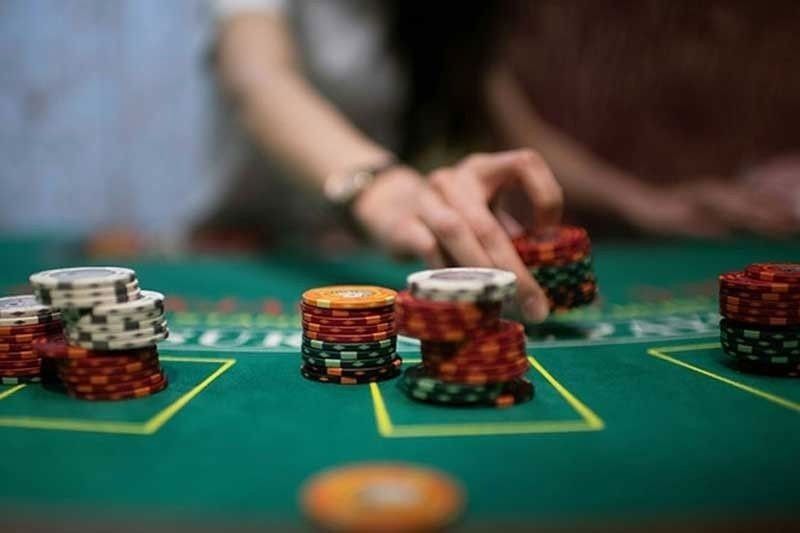Chinese embassy to ‘step up law enforcement’ following POGO-related crimes

MANILA, Philippines — The Chinese Embassy in the Philippines said it is ready to work with the local government in addressing crimes related to Philippine Offshore Gaming Operators, noting that it affects its bilateral relationship with the Philippines.
The embassy welcomes the Philippines efforts to put a stop to crimes related to POGOs and its aim “tackle its root cause so as to address the social ills in a sweeping manner.”
“The Chinese side stands ready to step up law enforcement cooperation with the Philippine side so as well protect the safety and legitimate rights and interests of Chinese citizens in the Philippines,” it said in a statement on Tuesday.
Following a number of reports involving murder, kidnapping, among other crimes, the Philippine government has shut down 175 POGO firms and is deporting around 40,00 Chinese nationals, the Department of Justice said on Monday.
The firms’ identified for closure had expired or revoked licenses to operate.
READ: Gov’t to shut 175 offshore gambling firms, deport 40,000 Chinese workers
Gambling is illegal in China and its embassy here noted that the recent crimes involving Chinese nationals residing in the Philippines are related to POGOs.
In a government operation last weekend, the Department of Interior and Local Government shuttered a POGO facility in Pampanga for its involvement in several human trafficking cases and found over 200 workers without proper documentation.
The agency was also able to rescue over 40 trafficked workers in the area.
“The Chinese Embassy in the Philippines will continue to strengthen communication and cooperation with the Philippine government and law enforcement agencies in particular in this regard, and handle deportation among other issues in a constructive manner,” the embassy said.
Justice Secretary Jesus Crispin “Boying” Remulla previously said they are hoping to start deporting overstaying Chinese POGO workers by the end of the month or by early October.
Both countries are working out procedures for deportation, which include observing COVID-19 measures.
- Latest
- Trending




























